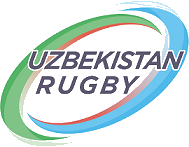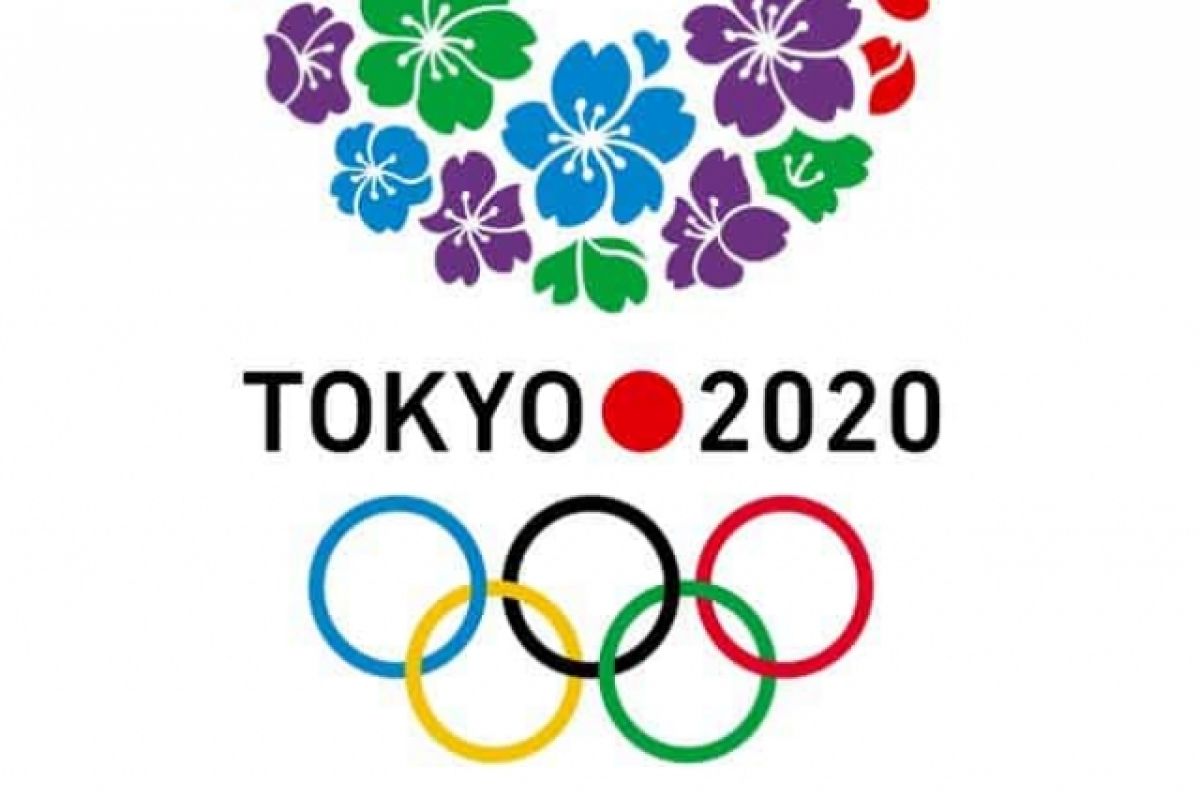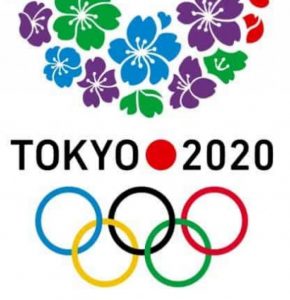Rugby-7 competitions at the 2020 Summer Olympics were held from 26 to 28 July for men and from 29 to 31 for women.
Athletes played two sets of medals. Both men and women had 12 national teams in the Olympic tournament.
The men’s teams consisted of teams from such countries as Japan, Fiji, New Zealand, South Africa, the United States, Argentina, Canada, Great Britain, Australia, Kenya, South Korea and Ireland.
The women’s teams consisted of teams from such countries as Japan, Australia, Canada, New Zealand, the United States, Brazil, Great Britain, Kenya, Fiji, China, France and Russia.
The competition was held at the Ajinomoto Stadium in Tokyo.
Rugby-7 is a fairly young discipline for the Olympics, and was presented in the program of the Games only for the second time. Five years ago, women from Australia and men from Fiji became triumphant in Rio de Janeiro. For a small island nation in the Pacific Ocean, this medal was the first Olympic medal in the country’s history.
The rugby-7 match is held according to almost the same rules as the classic rugby 15×15. As in the “classic”, the matches take place on a football field of 100×70 meters. Two teams compete, play with an oval ball.
There are two main differences from classic rugby. Teams play with seven fielders, with no more than five substitutions allowed, and the duration of the match is two halves of seven minutes.
If we go back to the Tokyo Olympics again, then we can say that the rugby players of New Zealand, who became the first among women and took silver among men, performed the most successfully.
From the countries of the Commonwealth of Independent States (CIS) In Tokyo, only the women’s national team of the OCD managed to break through, for which the current Olympics was the debut.
The task of getting out of the group in the playoffs, the “bears”, as the Russian national team calls rugby players, managed to complete successfully.
In the opening match, only luck allowed the Great Britain team, one of the favorites of the Games, to snatch the match from the Russian national team.
Already in extra time, the British made an attempt, having selected the match – 14:12! On the same day, the Russian national team won the first victory in history, defeating the Kenyans 35:12. The defeat from the leader of the world ranking – New Zealand – was expected, the difference in the class is still obvious – 0:33.
Due to the grimaces of the regulations, we had to meet with the New Zealanders on the same day and in the quarterfinals. And again the fight failed – 0:36.
However, the “Black Ferns”, as the team from New Zealand is called, could not be stopped at this Olympics at all – on the way to the gold medals they beat the rugby players of Fiji and France.
And the team of the Russian national team closed the second four, successively losing to Australia (7:35) and China (10:22). But the final eighth place is not so bad for a debut.
Men’s rugby players of Fiji, a small country in Oceania with a population of less than 800 thousand people, became champions for the second Olympics in a row. For many of the players of the national team, the trip to Tokyo was the first in their lives, they had never flown on airplanes.
And as soon as the pre-Olympic training camp began, the most severe quarantine was declared in the country, all movements were prohibited.
Therefore, the athletes spent almost five months locked up in one of the dormitories of the capital, the city of Suva, training in a gym rebuilt from a garage.
However, such “little things” did not prevent the Fiji rugby players from performing superbly at the Olympic tournament, defeating New Zealand – the famous All Blacks in the final.



Press Secretary of the Rugby Federation M. Abdumalikova


